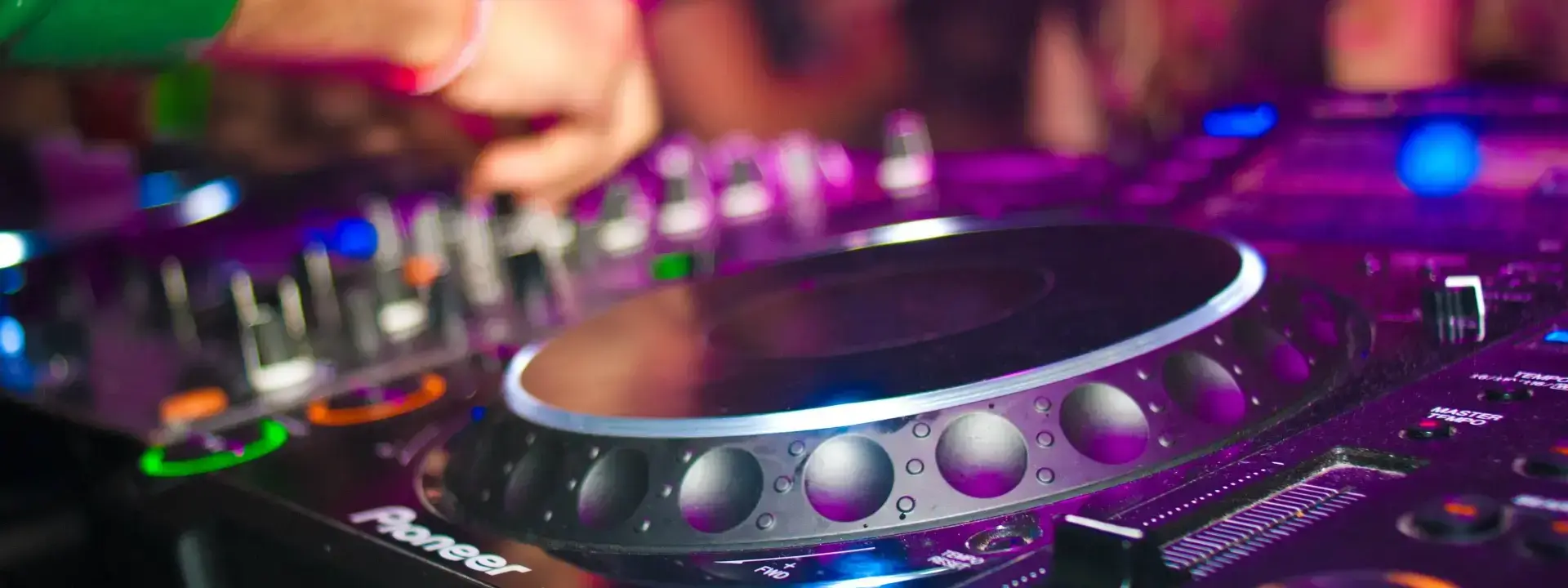
DJ Job Description
What is a DJ Professional?
A DJ is a person who plays recorded music for an audience. DJs use a variety of equipment to play their music, including turntables, mixers, and digital audio players. They may also use other audio effects to enhance their performance. DJs typically select and play music according to the mood and taste of their audience. They may also take requests from listeners and announce songs or other information over the course of their performance.
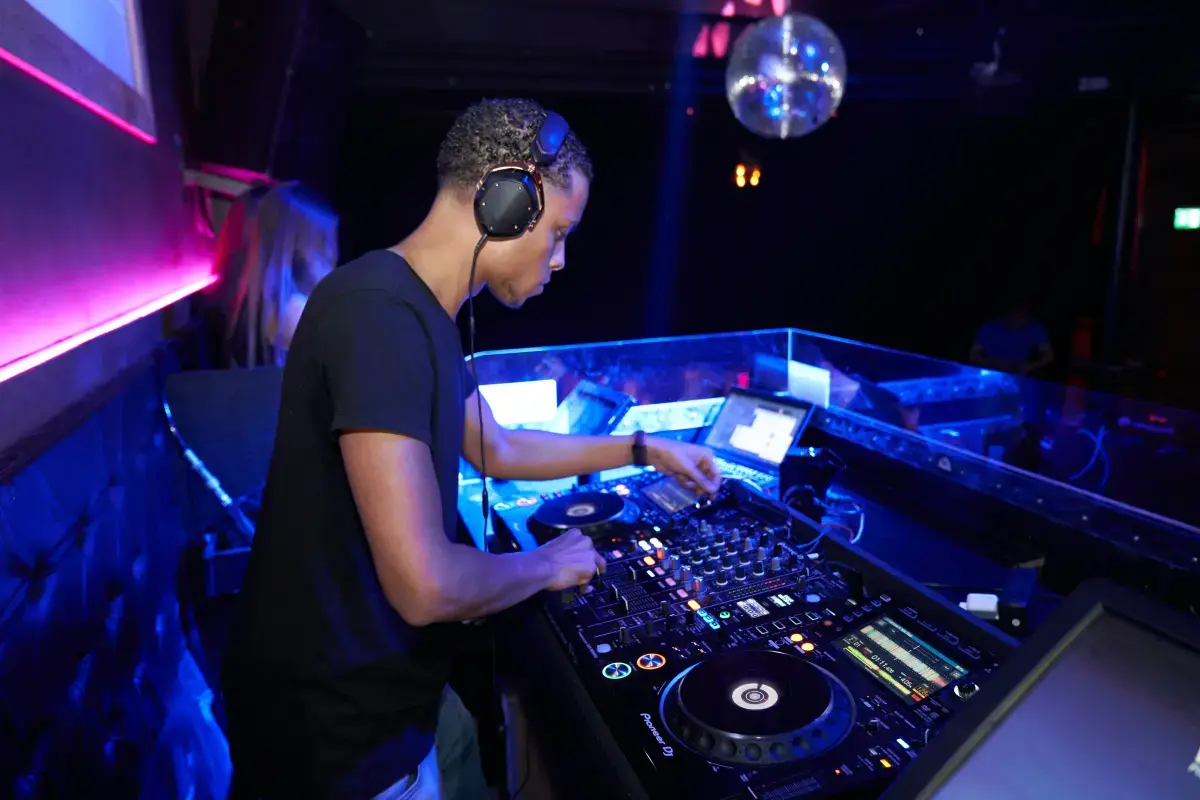
What does a DJ Expert do?
Some DJs may also interact with the crowd, dancing or otherwise engaging with people in the audience. DJing is often done in nightclubs, bars, concerts, or other public venues. DJs may also work as radio personalities, playing music on the radio or hosting their own shows. They may also create mixes or other recordings of their music for distribution. Some DJs also produce their own music, either alone or in collaboration with other artists.
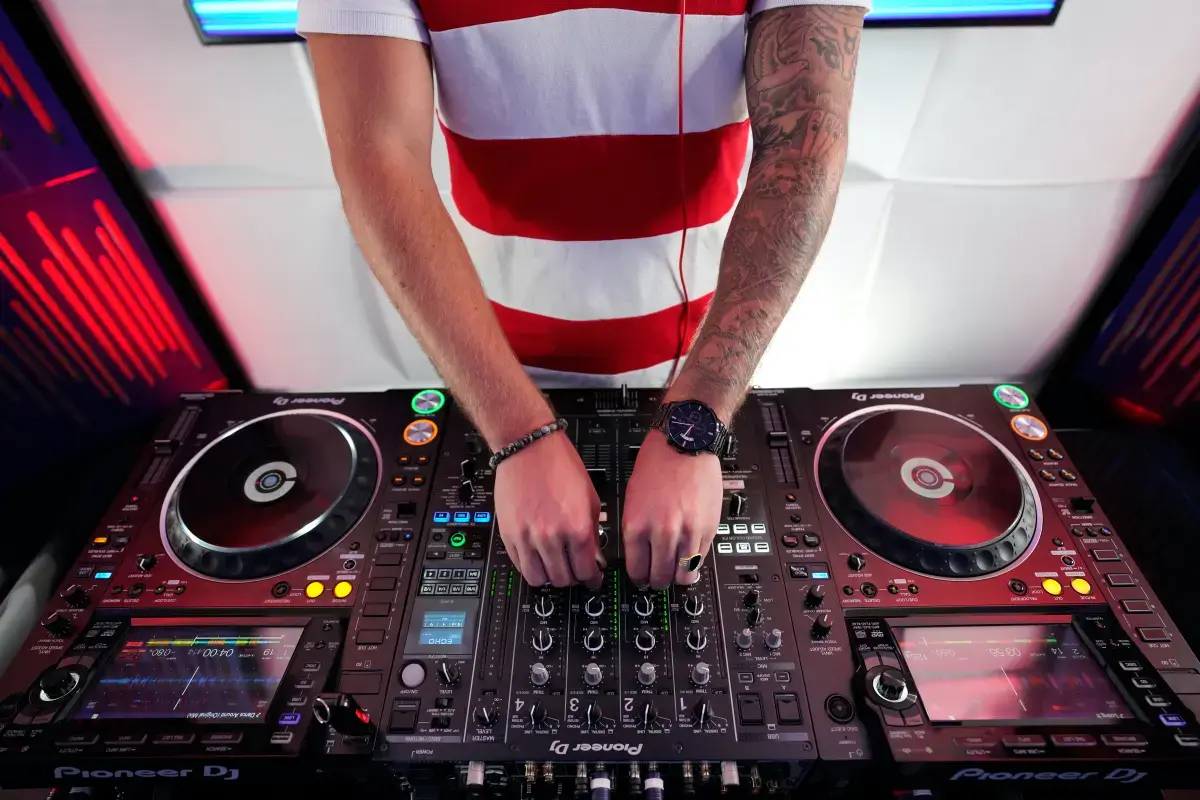
What are the Skills of a DJ?
A DJ needs a wide range of skills and experience to be successful. They need to have a good ear for music, be able to mix different tracks together seamlessly, and have a good understanding of how to work a crowd. They also need to be able to read the crowd and gauge what kind of music they want to hear. DJs also need to have a good understanding of the technical aspects of their craft.
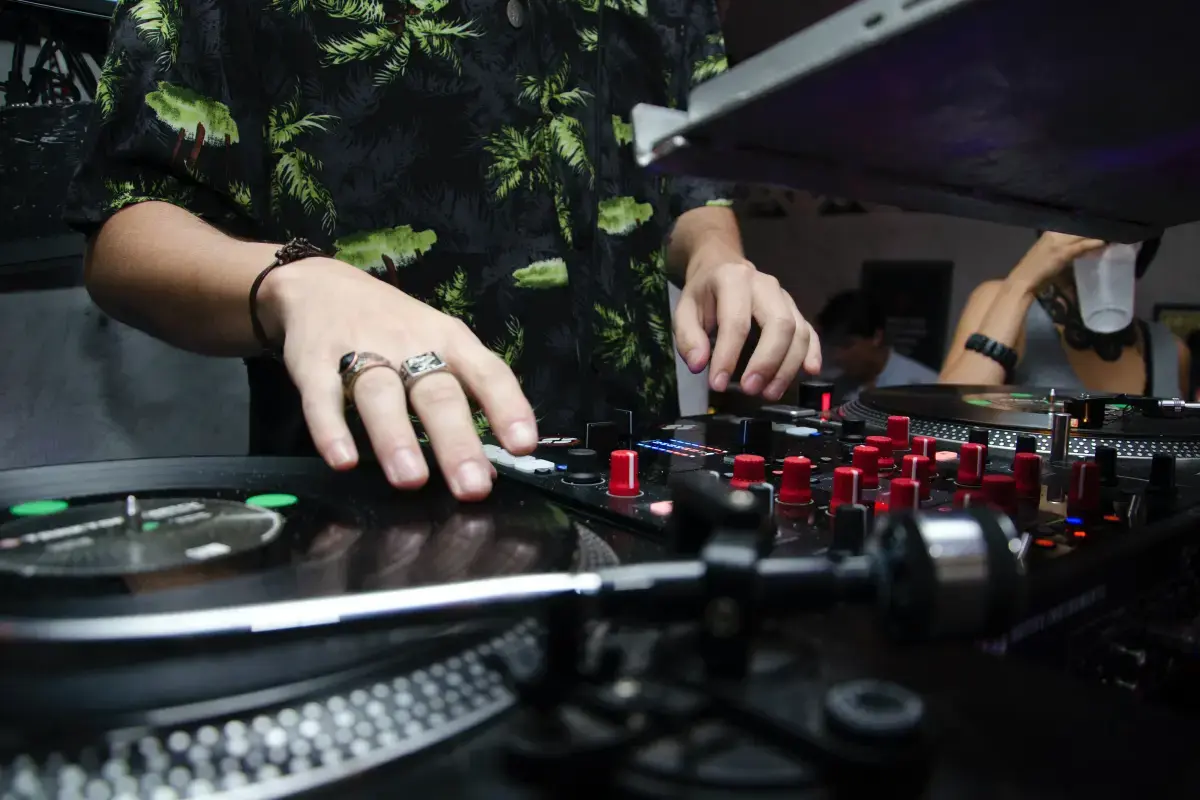
What makes an Expert DJ?
They need to know how to set up their equipment, how to troubleshoot problems, and how to use different software programs. In addition to all of this, DJs need to be good at promoting themselves and their brand. They need to be active on social media, have a good website, and be able to book gigs. They also need to be able to market themselves to potential fans and customers.
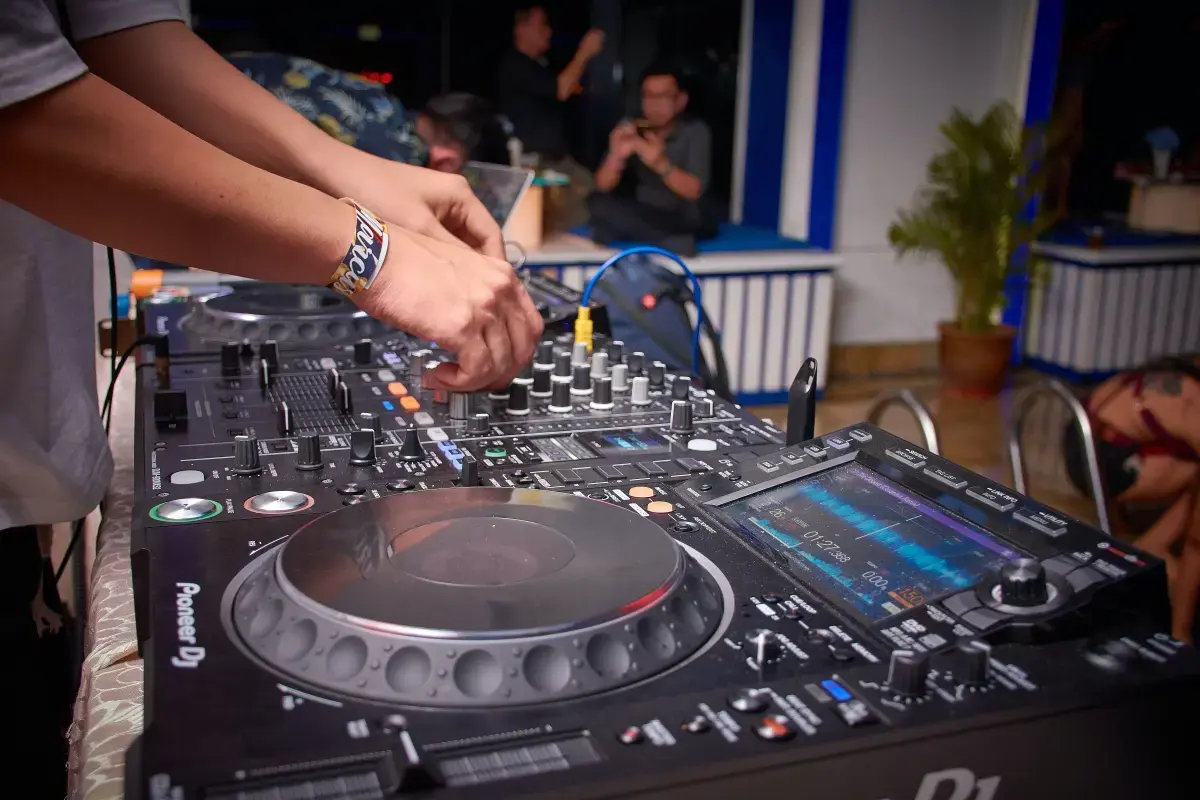
What level of Experience & Qualifications are required to be a DJ?
Industry Experience: 1. Minimum of two years’ experience as a professional DJ 2. Familiarity with the latest trends and technology in the industry (e.g., digital music platforms, advanced software) 3. Proven track record of successful shows/events Training: 1. Comprehensive knowledge and understanding of musical genres, sound systems, mixing techniques and audio engineering principles 2. Proficiency in use of all necessary DJ gear including turntables/CDJs, mixers etc Qualifications: 1. Ability to read crowds and adjust playlists accordingly 2 .Strong customer service skills for interacting with clients before events 3 .Capability to work effectively under pressure in fast-paced environments 4 .Creative approach towards creating unique mixes or mashups 5 .Demonstrated ability to troubleshoot technical issues quickly & efficiently 6 .High attention to detail when preparing sets or selecting tracks 7 .Excellent organizational abilities for managing equipment setup & breakdowns 8 .Ability to take direction from event organizers while still exercising creative freedom 9..Enthusiasm for staying up-to-date on new releases within various music genres 10..Flexibility when introducing requested songs into existing setlists 11..Knowledgeable about classic tunes that can bring nostalgia factor during events 12..Adept at performing live edits such as beat matching 13 ..Proficient at using effects processors like delays & reverbs 14 ..Willingness to learn different types of musical styles if required 15 ..Patience with setting up complex audio configurations prior performances 16 ..Good communication skills both verbal & nonverbal 17 ..Confidence on the microphone encouraging audience participation 18. Able multitask between operating multiple devices simultaneously 19. Comfort level working long hours doing back-to-back gigs 20....Experience promoting own services through social media outlets 21. Understanding how lighting affects moods during performance 22. Solid reputation among promoters / venues 23. Awareness regarding copyright laws affecting DJs
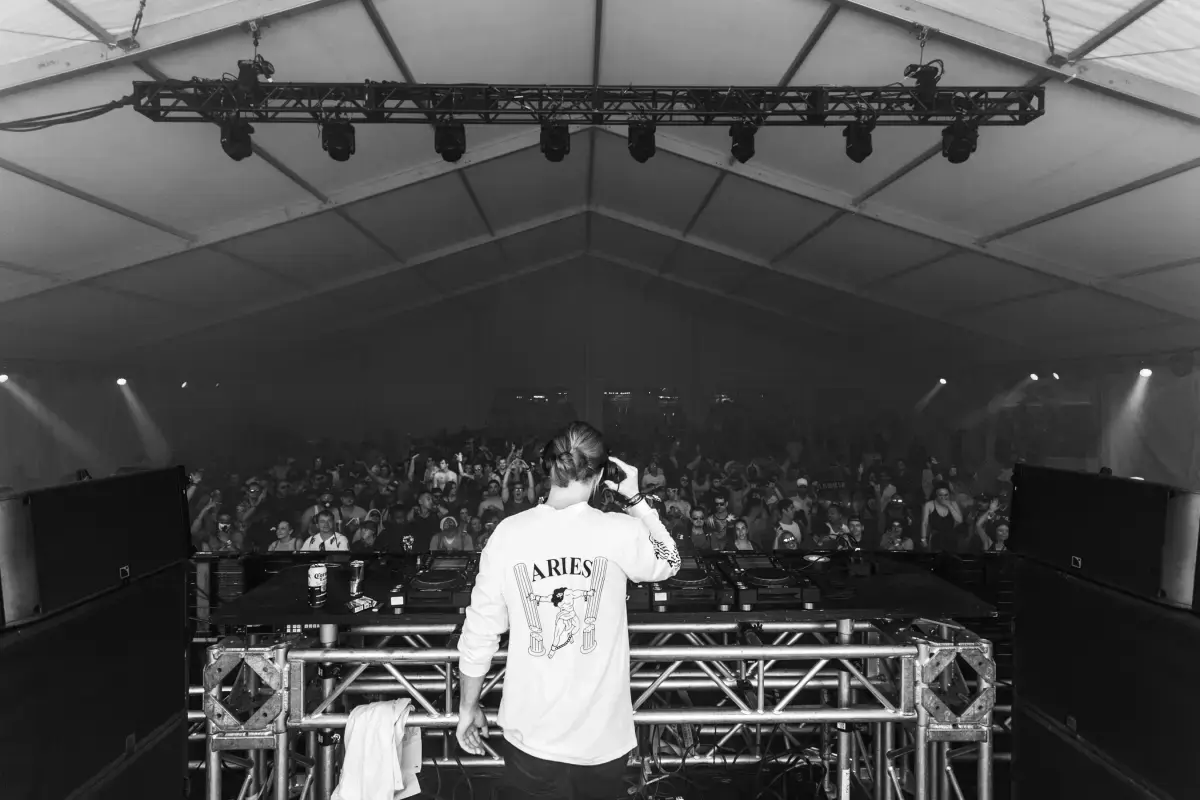
What is the Salary of a DJ?
A junior DJ typically earns a starting salary of around $25,000 per year. This is entry-level wage and may include salaries for mobile DJs or those at the beginning of their careers. As experience grows, pay can increase to between $30,000-$40,000 annually depending on location and type of gigs booked. Mid-level DJs may earn up to $50,000+ in larger markets with more demand including weddings/corporate events etc., as well as higher fees from nightclubs/bars who require specific skill sets such as beat matching or turntablism skills. Seasoned professionals have the potential to make six figures working high profile venues like festivals or internationally renowned clubs where they command five figure nightly performance fees plus additional compensation for merchandise sales etc.. Top tier talent can also take advantage of endorsement deals that offer lucrative opportunities outside the traditional gigging route which could add significantly to overall earnings over time .
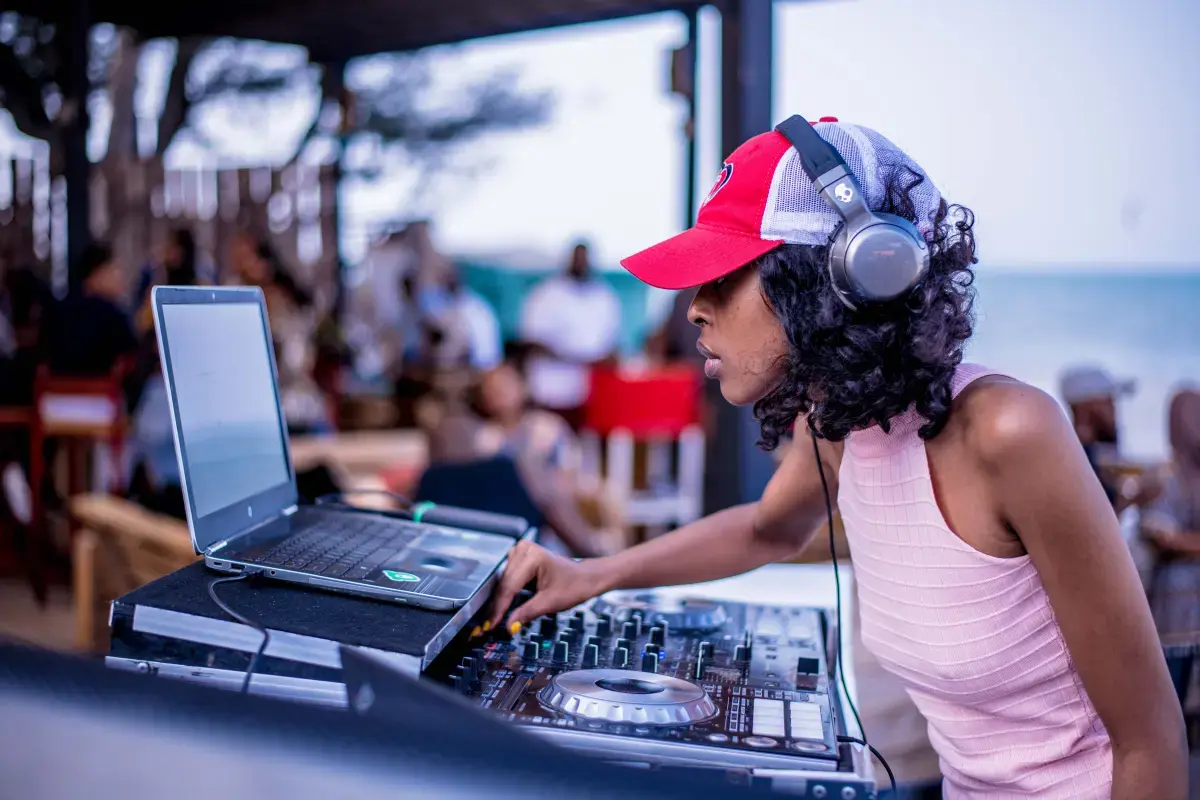
What are the Working Conditions for a DJ?
General working conditions for a DJ vary greatly depending on the type of venue or event they are playing at. DJs may work indoors in nightclubs, bars and restaurants, as well as outdoors at festivals and other live events. They often have to travel between venues, so it is important that they have reliable transportation available. The hours worked can also vary widely; some jobs require long shifts while others only last a few hours. There is usually an expectation that the DJ will be able to prepare their music ahead of time so they can quickly set up when arriving at a venue or event. Depending on the size of the crowd and sound system requirements, additional setup may be needed before performing (such as connecting microphones). Additionally, most professional DJs must ensure their equipment is properly maintained since malfunctions could lead to performance disruptions during shows/events. In terms of physical demands during performances themselves, many DJs stand for long periods while mixing songs from different sources such as turntables or digital media players – this requires concentration and stamina throughout each show/event duration which could range anywhere from one hour to several hours per night! Aspiring DJs should take into account these potential physical challenges beforehand if considering entering this field professionally.
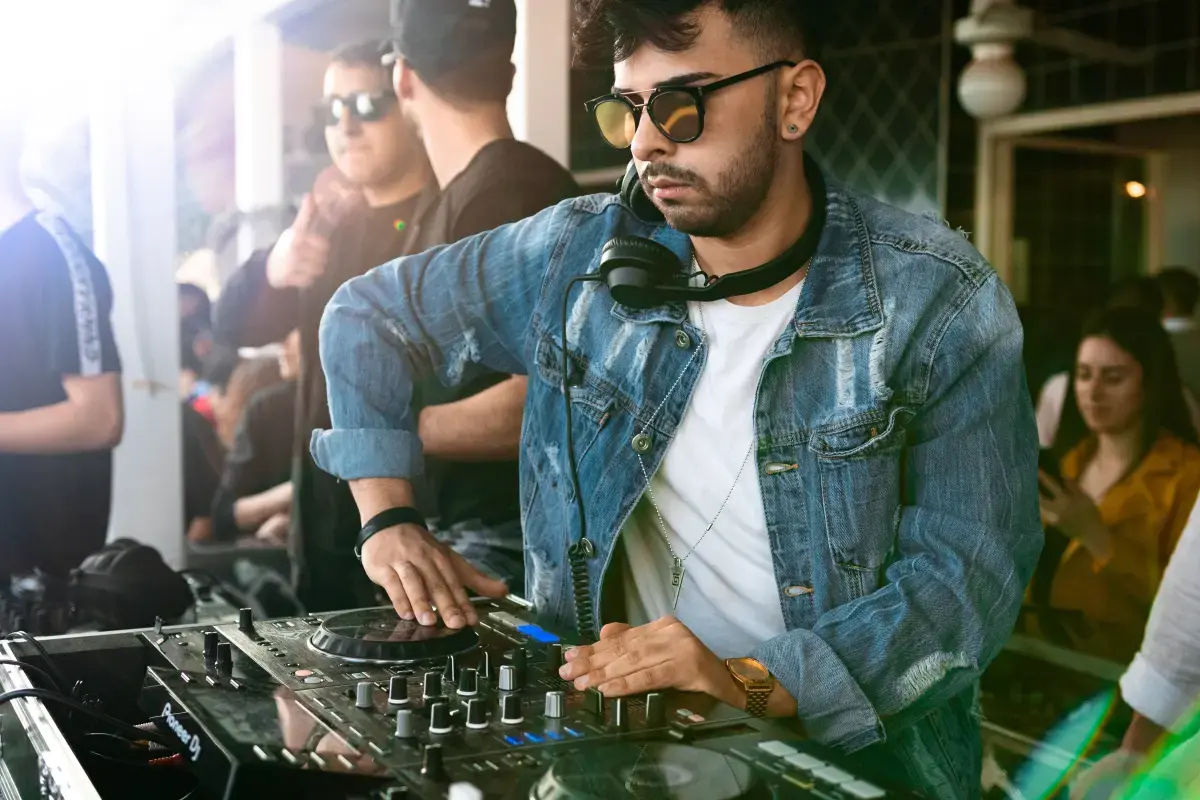
What are the roles and responsibilities of a DJ?
To play music that will get the crowd moving and keep them entertained
To select music that is appropriate for the event or venue
To control the volume and sound of the music
To fade songs in and out and to mix different songs together
To use special effects to enhance the music
To take requests from the crowd
To announce songs and other information over the microphone
To keep the energy level up and to interact with the crowd
To dress appropriately for the event or venue
To arrive on time and be prepared for the gig
To set up and break down the DJ equipment
To ensure that the DJ equipment is in good working order
To have a good music collection and to keep it updated
To know how to use the DJ equipment and to be able to troubleshoot any problems that may arise
To be familiar with the venue and to know the layout and where the best places are to set up the DJ equipment
To be aware of the crowd and to gauge what kind of music they are responding to
To be flexible and to be able to adjust the music selection on the fly
To be professional and to provide a good customer service experience
To be able to work well with other people, including the other members of the wedding or event staff
To be able to think on your feet and to handle any unexpected situations that may come up

Where can I find DJ jobs?
- Create a profile on gigexchange and promote your DJ skills to advertise you are Open to New Work Opportunities
- Ensure your Resume (or CV), or online work profile is up to date and represents your skills and experience. Ensure your reputation reflects your ability & attitude.
- Apply for DJ Jobs advertised on gigexchange.
- Practise DJ interview techniques to ensure you represent your personality and ability succinctly and confidently.
- Accept the job offer if the salary meets your expectations and the employer mission and purpose reflects your core values.
Jobs
What are the best job boards for Disc Jockey jobs?

How can I hire DJ staff online for my business?
The best job board for recruiting DJ experts is gigexchange.com. Advertise full-time, part-time or contract jobs to find, hire & recruit trusted, experienced and talented DJ candidates near you.
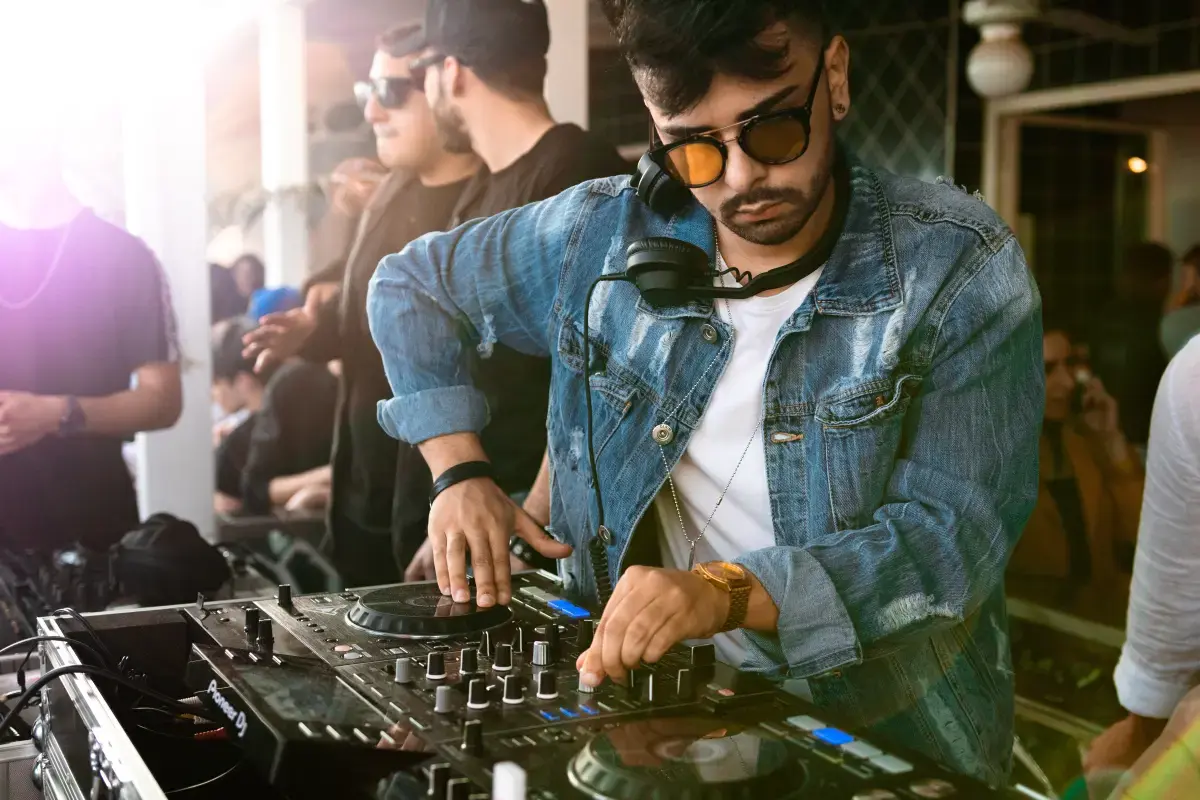
Are DJ roles in demand in 2026?
DJ experts are still in high demand in 2026. If you are an experienced DJ or looking to train and become one. The job market is looking strong for DJ jobs near me.